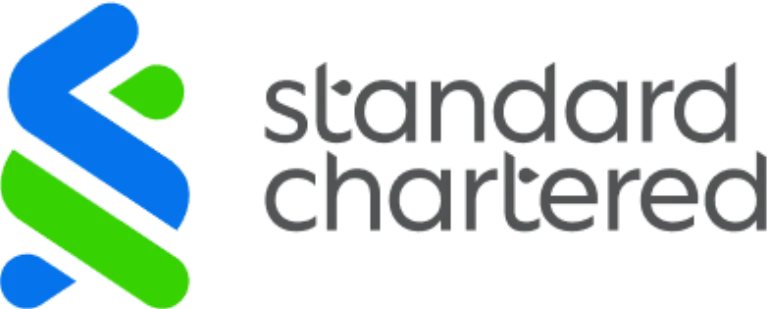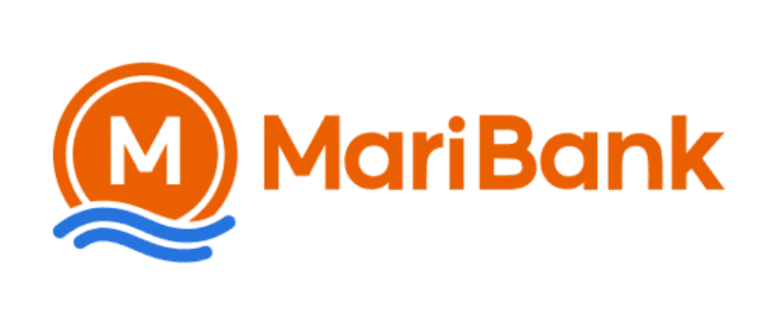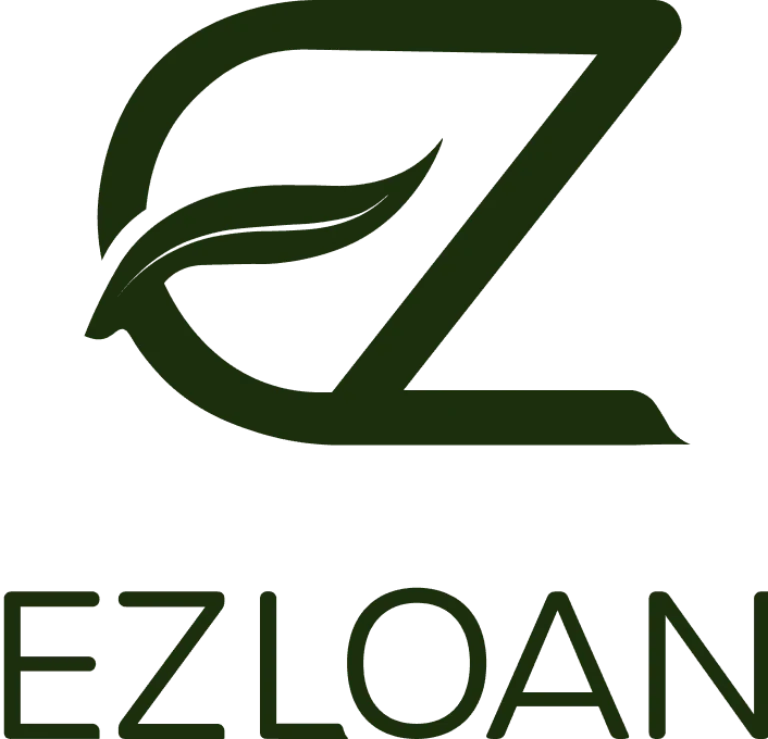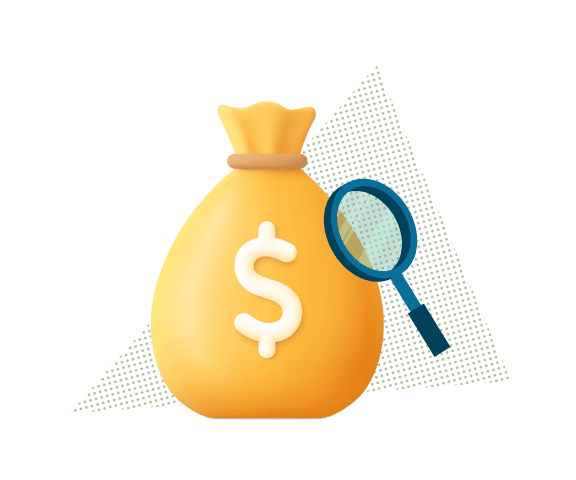Cash-Out Refinance: What You Need to Know
Updated: 9 Dec 2025
Looking to unlock some of the value tied up in your property? A cash-out refinance allows you to access cash by replacing your existing home loan with a new, larger one.
Before you jump in, it's crucial to understand how this loan option works, and if it's the right financial move for you in Singapore's property market.
About cash-out refinance
In Singapore, the meaning of cash-out refinance refers to taking out a new loan and getting cash from it, using your property as collateral.
Unlike a standard rate-and-term refinance, which focuses on adjusting your loan's interest rate or term, a cash-out refinance provides a new loan that's larger than your existing mortgage, based on your home equity.
This difference is then given to you as cash. It's important to note that this refinancing option is only available for private properties.
Personal Loan Rates: Compare Top Lenders in Singapore
How much can you borrow with a cash-out refinance?
The amount you can borrow with a cash-out refinance is influenced by the loan-to-value (LTV) ratio. In Singapore, the LTV ratio for home loans is typically 60% to 80% of the property’s current market value.
If you have only one property loan, you can usually receive the full 80%, but if you have more than one outstanding property loan, you will more likely receive 60%.
Calculating how much you can cash out
The amount you can borrow can be calculated with the following formula: (60% to 80% of market value) - (Outstanding loan amount) - (CPF funds used so far).
Here’s an example:
Market value of your home: S$1 million
Outstanding loan amount: S$300,000
CPF funds used so far: S$150,000
The bank allows you to loan up to 80% of the market valuation of your home. As such, the amount you can borrow can be calculated as follows:
S$800,000 (80% of market value of your property) - S$300,000 (outstanding loan amount) - S$150,000 (amount used from CPF) = S$350,000.
Do note that the loan amount is based on the market valuation and not the price at which you bought the property.
How to get a cash-out refinance in Singapore
Getting a cash-out refinance in Singapore involves a few key steps:
-
Get a property valuation: Begin by obtaining your property’s annual valuation (AV). You can do this through your bank, a licensed independent valuer, or the Inland Revenue Authority of Singapore (IRAS) website.
-
Review your outstanding loans: Determine the outstanding balance on your current mortgage that needs to be paid.
-
Calculate available equity: Home equity is the difference between your property's market value and your outstanding loan balance. For example, if your property is valued at S$800,000 and you owe S$400,000, your home equity is S$400,000.
-
Calculate the maximum loan you can take out: Banks in Singapore typically allow borrowing up to 80% of your property’s market value, minus any outstanding loans (LTV limit). Using the previous example, you can borrow up to S$640,000 (S$800,000 x 0.80). Remember that these figures can vary depending on the specific property and the lender's policies.
-
Compare loan interest rates: Different lenders offer varying interest rates for cash-out refinance loans. Shop around to find the most favourable terms.
-
Submit an application: Apply for a cash-out refinance loan, ensuring you provide all necessary documents, such as proof of income and property documents.
Saver-savvy tip
Remember to assess your property's value, calculate available equity, and compare loan rates before applying for a cash-out refinance.
>> Read more: The When And How Of Refinancing Your Home Loan
Eligibility requirements for cash-out refinance in Singapore
Here are some eligibility requirements for a cash-out refinance in Singapore.
Type of property
Only private properties and Executive Condominiums (ECs) that have passed the 5-year Minimum Occupation Period (MOP) are generally eligible for cash-out refinance. HDB flats are not eligible for this type of loan.
Loan should be serviced in cash
The existing home loan must have been serviced in cash, not with CPF funds. This means that the amount used from CPF funds will be subtracted from the market value to determine the amount you can borrow.
Total debt servicing ratio
The total debt servicing ratio (TDSR) is a guideline that limits the percentage of your gross monthly income that goes towards repaying the monthly debt obligations, including the new mortgage loan. Your TDSR should be less than or equal to 55%.
Top home loan rates in Singapore - Fixed
|
Loan tenor |
First Year interest |
First year monthly instalment |
Three year average interest |
Lock-in period |
|
|
OCBC 3 Year Fixed |
30 years |
2.45% |
4.71K |
2.45% |
3 Years |
|
DBS 3 Year Fixed |
30 years |
2.55% |
4.77K |
2.55% |
3 Years |
|
HL Finance 3 Year Fixed |
30 years |
2.60% |
4.80K |
2.60% |
3 Years |
Advantages and disadvantages of a cash-out refinance
A cash refinance can be a powerful financial tool, but it's essential to weigh its advantages and disadvantages before making a decision.
Advantages
-
Access to large sums of money: A cash-out refinance provides access to a significant amount of cash, which can be useful for major expenses like debt consolidation, home renovations, or other substantial purchases.
-
Lower interest rates: Refinancing may allow you to access lower interest rates compared to high-interest credit cards or unsecured personal loans, potentially saving you money on interest payments over time.
-
Improve creditworthiness: Using your cash-out refinance to pay off your credit cards in full may help to improve your credit score.
Disadvantages
-
Risk of losing your home: Using your home as collateral carries the inherent risk of foreclosure if you fail to meet your loan repayments. This is a crucial consideration, as your home is at stake.
-
Higher monthly payments: A larger loan amount will likely result in higher monthly repayments, which can significantly impact your household budget and financial planning.
-
Fees and closing costs: The closing costs associated with a cash-out refinance, including appraisal fees and legal fees, can be significant, potentially reducing the net amount of cash you receive.
>> Read more: When Should You Start Planning To Refinance Your Mortgage?
Other options you can consider
If a cash-out refinance doesn't quite fit your needs, there are alternative ways to tap into your property's value.
Home equity loan
A home equity loan allows you to borrow a lump sum of money using the equity you've built up in your home. This equity is the difference between your home's current market value and the outstanding balance on your existing mortgage.
Because it's secured by your property, lenders often offer more favourable interest rates compared to unsecured loans. However, your home serves as collateral, so responsible repayment is crucial.
Home equity line of credit (HELOC)
A home equity line of credit (HELOC) provides a revolving credit line secured against your home, allowing you to borrow funds as needed, up to your credit limit. They typically have a draw period, during which you can withdraw funds, and a repayment period.
You can use this option for various purposes, including home repairs, debt consolidation, or education expenses.
>> Read more: What is a home equity loan? A beginner's guide
Is a cash-out refinance advisable?
A money out refinance would benefit those who need a larger sum of cash with a lower interest rate and fixed payments. This makes it ideal for substantial expenses like home renovations, especially if you’re looking to increase the value of your home before selling. However, carefully consider your ability to manage the increased debt and the long-term impact on your finances before proceeding.
Frequently asked questions about cash-out refinance
In Singapore, a cash-out refinance allows private property owners to borrow against their home equity by taking out a new loan for a larger amount than their existing mortgage.
To get the best cash-out refinance rate in Singapore, compare offers from multiple banks and evaluate different loan packages.
The processing time for a cash-out refinance in Singapore can vary, typically taking at least two months, depending on the lender and the complexity of your application. As such, keep in mind the when and how of refinancing your home loan when considering your options.
Generally, the cash-out portion of a refinance is a lump sum of tax-free cash, which is not considered taxable income in Singapore.
Get the best home loan rates
Compare rates in the Singapore market








